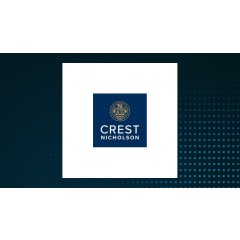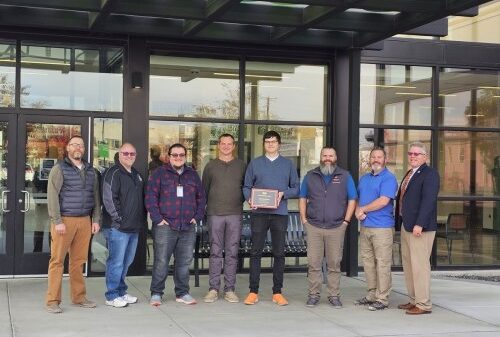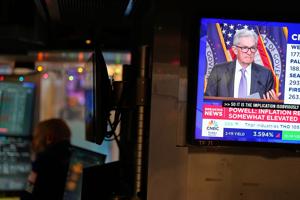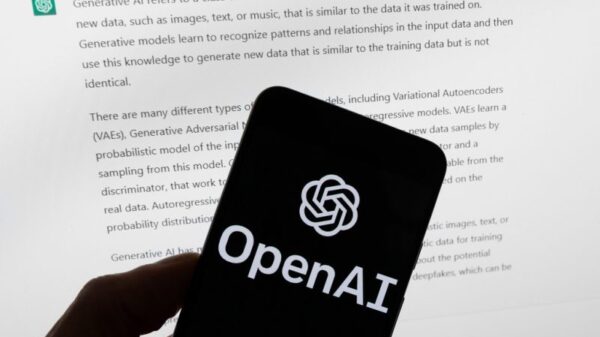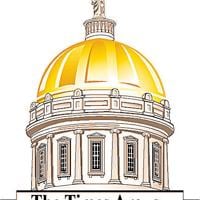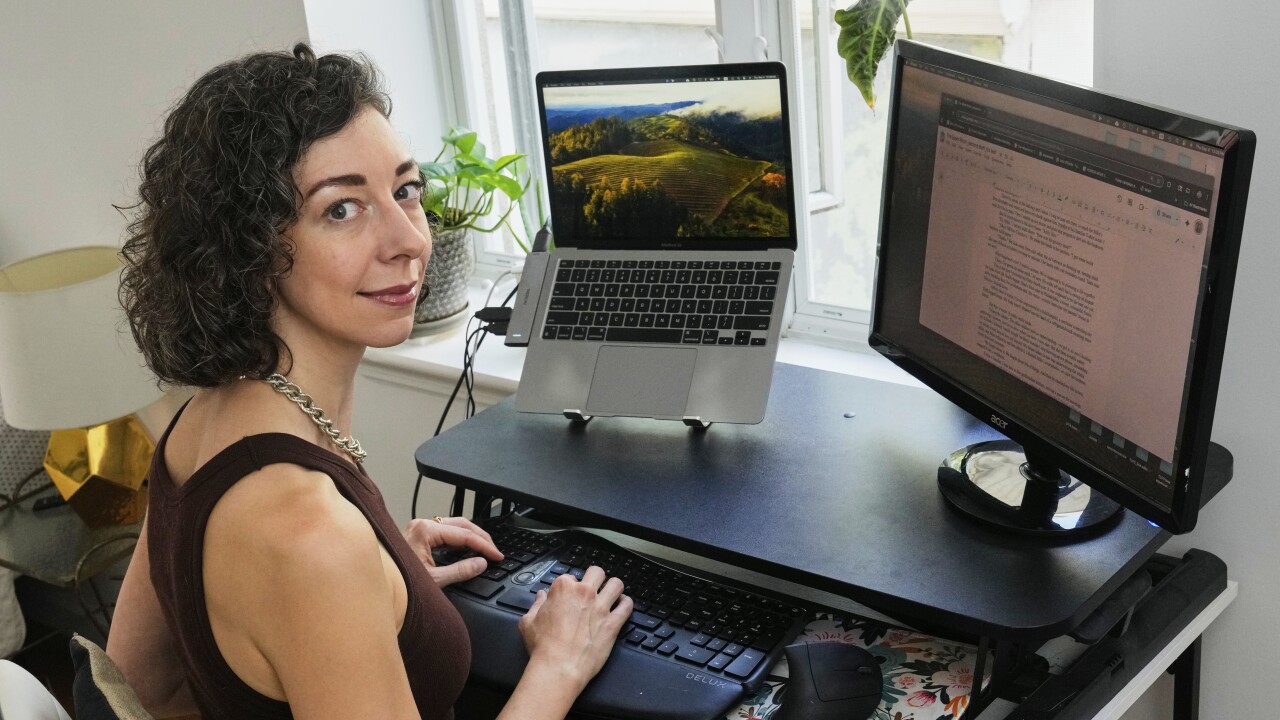AI startup Anthropic will pay a settlement of $1.5 billion following allegations of copyright infringement and piracy. The company faced a lawsuit from well-known authors Andrea Bartz, Charles Graeber, and Kirk Wallace Johnson, who accused Anthropic of using pirated versions of their works to train its artificial intelligence models.
According to the complaint filed by the authors, Nouvelle Gonzalo, a corporate law specialist, emphasized that their lawyer characterized the situation as “brazen infringement.” The authors alleged that Anthropic “downloaded known pirated versions of the works, made copies of them, and fed those pirated copies into its models” for training purposes. The legal battle brought attention to the complexities of copyright law in the context of artificial intelligence.
In a ruling on the case, a judge found that while Anthropic’s usage could be classified as “fair use” under copyright law, the act of downloading materials from an online shadow library constituted piracy. The judge’s decision underscored the ongoing legal challenges surrounding AI and intellectual property rights.
“This landmark settlement far surpasses any other known copyright recovery,” stated Justin Nelson, an attorney representing the plaintiffs, in a statement to Scripps News. “It is the first of its kind in the AI era. It will provide meaningful compensation for each class work and sets a precedent requiring AI companies to pay copyright owners.” Nelson added that this settlement serves as a significant warning to AI firms regarding the use of copyrighted material from unauthorized sources.
Under U.S. copyright law, damages for infringement begin at $750 per work, which meant that Anthropic could have faced penalties exceeding $1 trillion had the court ruled against them on all counts. JD Harriman, a partner at Foundation Law Group, commented, “A lot of people want to make new law just for AI, but the old laws work. And they work in this case. This is just standard copyright violation of unlawful copying or buying pirated material.”
The implications of this case extend beyond a single settlement. It highlights the urgent need for clarity in the intersection of copyright law and artificial intelligence. As the technology continues to evolve, the outcomes of such legal disputes will shape the future of creative works and their protection in a digital landscape.
Scripps News has reached out to Anthropic for comment regarding the settlement.

















